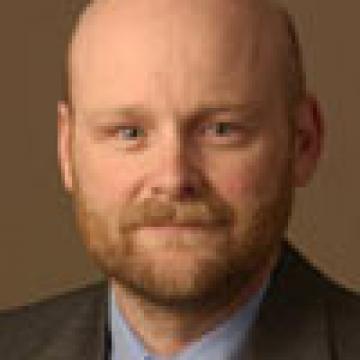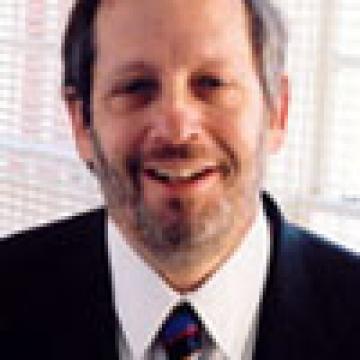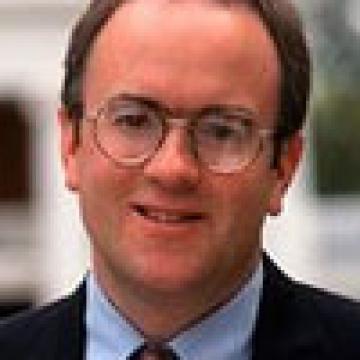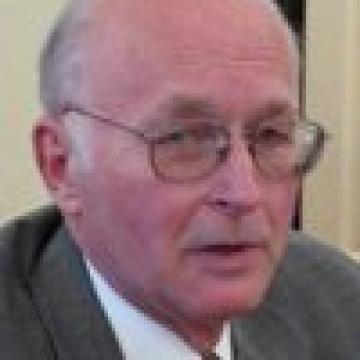From Clinton to Bush to Obama: What Have We Learned about Presidents and Foreign Policy?
Rose McDermott, Christy Clark, James Lindsay, Sidney M. Milkis, John M. Owen, William B Quandt
5:45AM - 7:30AM (EDT)
Event Details
Do Presidents really affect American national security policy in significant and sustained ways? What have the current and past two administrations taught us about the importance of Presidents? In recent decades most academics who study U.S. foreign policy have been skeptical of the notion that Presidents matter very much. The Bush years, with their sharp departures from the preceding years (and, some say, broad American tradition) shook the skepticism of many, however: Surely, they insist, a President Gore would not have taken the various unilateral measures that President Bush did. Also casting doubt on the skepticism were the hopes Barack Obama’s supporters placed in his ability to change the nation’s course. Yet, nearly three years into the Obama administration, the skeptics are starting to feel vindicated. Whether or not individuals affect foreign policies and international outcomes in sustained, even predictable ways, is an important question for political scientists and historians trying to explain and understand why the United States acts as it does.
Please join us for this timely panel discussion co-sponsored by the GAGE Program at the Miller Center of Public Affairs and Security Studies. This event is free and open to the public.
Speakers:
Christy Clark, Principal, Podesta Group; formerly U.S. Department of Treasury
James Lindsay, Senior Vice President, Director of Studies, and Maurice R. Greenberg Chair, Council on Foreign Relation
Rose McDermott, Professor of Political Science, Brown University
Sidney Milkis, White Burkett Miller Professor of Politics, University of Virginia, and Director for Democracy and Governance Studies at the Miller Center of Public Affairs
William Quandt, Edward R. Stettinius Professor of Politics, University of Virginia
Moderated by John M. Owen, Professor of Politics, University of Virginia, and Editor-in-Chief, Security Studies
About Security Studies: Security Studies has firmly established itself as a leading journal on international security issues. The journal publishes theoretical, historical, and policy-oriented articles on the causes and consequences of war, and the sources and conditions of peace. The journal has published articles on balancing vs. bandwagoning, deterrence in enduring rivalries, the Domino theory, nuclear weapons proliferation, civil–military relations, political reforms in China, strategic culture in Asia and the Pacific, neorealism vs. neoliberalism on the future of NATO, Israel's military doctrine, regional vs. universal organizations in peacekeeping, the three waves of nuclear debate, the sources and conduct of alliances, strategic bombing, violence interaction capacity, mass killings of civilians, ethnic conflicts and their resolution, epidemics and national security, democracy and foreign-policy decision making, and the future of security studies.
When
5:45AM - 7:30AM (EDT)
Where
2201 Old Ivy Rd
Charlottesville, VA 22903
Speakers
Rose McDermott

Christy Clark

James Lindsay

Sidney M. Milkis

John M. Owen

William B Quandt